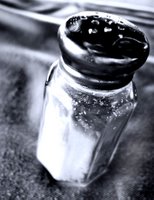
Warm golden sunshine beams through the tall glass doors that lead to
my balcony, reminding me they need to be cleaned. A large tree
branch adds pattern, and nothing could be more beautiful, I tell
myself, as I gaze out on the woodland beyond. Truly, what is more
lovely than this late October day in the mid-latitudes?
My world -- alright, our world -- is tilted to the sun so that its
hot rays must pass through quite a slice of atmosphere, with its
pollution and dust, favouring the golden rays of my October day.
Of course, the intense colours fade as the sun rises, but this
means the day will warm up. And as for colour, frosty nights
are not far away, and the trees over there are aglow with beautiful
dying hues as the leaves prepare to fall off. This seeming decay
protects the trees from sucking up too much water to service leaves
which could not do their job in the cold weather in any case.
Nature knows what she is doing.
Events in the fall do seem to be intelligent, and what is
intelligence if it is not survival in changing circumstances?
As I bask in this lovely morning, I know it will not last; it will
be followed by snow on ground and trees, and by ice that will
glitter in the branches on bright, cold mornings. I know winter
can be stunning in its own way, to be followed by spring with its
return of bursting life.
Eventually, outside my kitchen glass doors, I know too that
lovely late October days will come again, and again.






